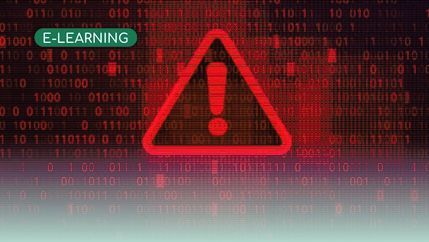eLearning: Records management
This course will help staff with this responsibility to understand the four stages of a record’s lifecycle, as well as the regulatory requirements. You will learn about different types of records, the importance of maintaining information quality and how to keep records accurate, legible and factual.
You can complete this eLearning course in around 30 minutes.
Related courses and information
Understanding GDPR: Compliance made simple
In today’s data-driven world, GDPR compliance is non-negotiable with potentially large fines for non-compliance.
GDPR bitesize guide
GDPR applies to all UK businesses despite Brexit. To comply you need to know what data you collect from people and justify exactly why you collect it. Our bitesize guide breaks down what you need to do in four parts.
Fact sheet: General Data Protection Regulations (GDPR)
The General Data Protection Regulations (EU GDPR) were rolled out across the EU on 25 May 2018. The Regulations brought consistency in data handling to EU member states and granted individuals additional rights on when and how their personal data is used.
eLearning: Reporting a data breach
The General Data Protection Regulation (GDPR) came into effect in 2018. To comply, you must be able to demonstrate that you are processing personal data in compliance with the principles of the GDPR.
eLearning: Personal data protection
This course focuses on the General Data Protection Regulations (GDPR) with an emphasis on accountability and ownership when it comes to processing and storing personal data.





